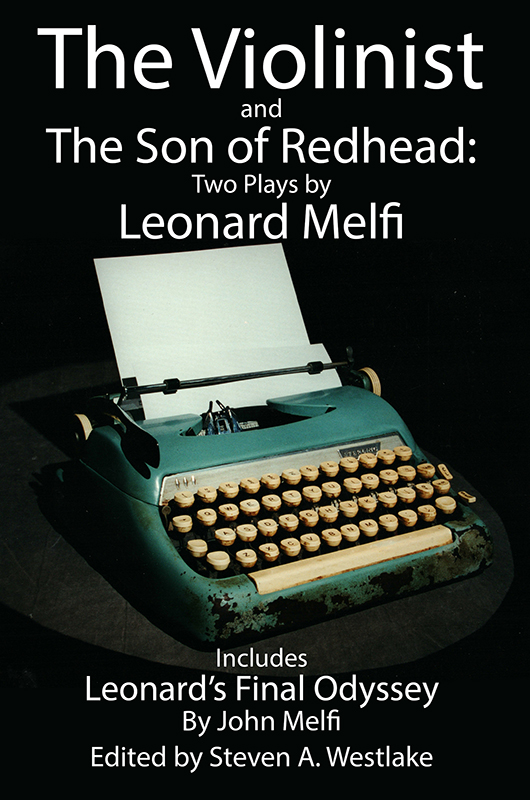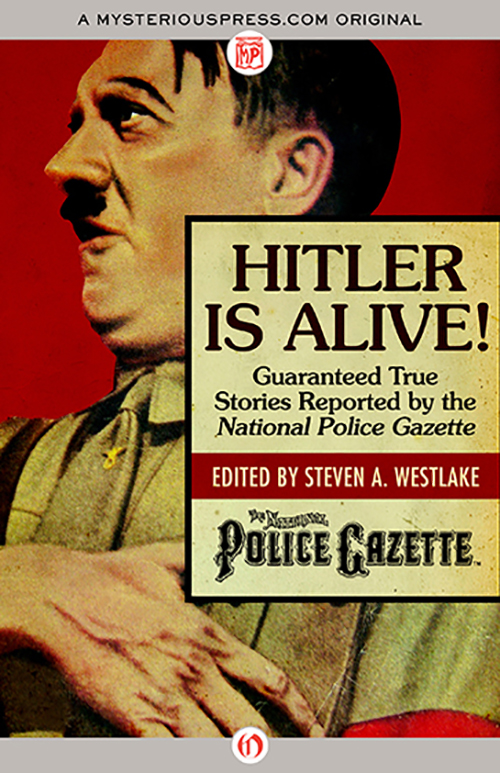Police Gazette publisher Steve Westlake just got back from TIFF (Toronto International Film Festival) where he attended the world premiere of Papillon, the new action/adventure film starring Charlie Hunnam, pictured below with Mr. Westlake.

Since pretty much all prison dramas, by their nature, are set in one location, “epic” is not normally a word you would attach to them. Even The Shawshank Redemption, which spanned a long period of time, was constrained by space to such a degree it could not have the grandness of scale one thinks of when using the word. But if there is such a thing as an “epic prison drama,” Papillon is it.
This story, based on the real-life memoirs of Henri Charrière, spans a long period of time, but also encompasses multiple locations in two hemispheres, as well as numerous escape attempts. There’s an epic “feel” to the story that’s just not possible in other prison dramas.
In the story’s telling, Danish director Michael Noer has pulled together such wonderful set pieces, I think it’s possible this movie gets Oscar nominations for production design, cinematography and costume design, not to mention sound mixing, which is top notch and provides icing on the cake for the already excellently choreographed fight scenes. For acting, Charlie Hunnam and Rami Malek give fine performances, but the real find here for American audiences is Roland Møller who is transfixing as Papillon’s escape-colleague Celier.
This movie is endlessly being compared to the first adaptation of Henri Charrière’s memoirs. Some comparisons are maybe interesting and some maybe unfair. But that movie came out 44 years ago. In the end, 90% of the actual ticket-buying audience will never have heard of the original Papillon, let alone seen it. So the new one really needs to be judged on its own merits.
On that note, some have criticized the portrayal of jazz-age Paris as overly idyllic, a fantasy that never actually existed. I happen to love this approach. The depiction of a colorful, noisy, vibrant Paris provides the perfect contrast to the bleakness to come and gives it a dream-like quality that you can image Papillon sees in his sleep during his most desperate moments.
One minor criticism I might have of Papillon’s character development might be it’s never made clear exactly what motivates him to endure the years of solitary confinement and the other horrors. What gives him the strength to carry on and remain sane? This is only a minor concern since it’s easy to chalk it all up to pure pride and ego. From the beginning, Papillon is portrayed as selfish and self centered, someone who believes he’s smarter, stronger, and better than others, particularly his jailers. He’s the type who will survive with his wits intact just so he can spite the warden—played by Yorick van Wageningen—and anyone who thinks they have him beaten.
This personality trait is also at the heart of Papillon’s most important character arc. In the beginning he is only looking out for himself, using others to get what he wants. But this changes during the course of his relationship with Louis Dega (Malek). Papillon starts by using Dega only for his money. But as the movie progresses, Papillon more and more often risks his own personal well-being coming to Dega’s aid. This, even more than the escape itself, is the core of the story.
The movie, as a movie, also contains a sort of arc of quality that parallels Papillon’s arc of conscience. It starts out with what some might call a touch of superficiality and cliché in the writing and performances. But perhaps coincidentally, perhaps not, all aspects of the filmmaking rise in quality as Papillon’s character and affection for Dega develop. There is a fight scene in the shower—one of the perfectly rendered fight sequences—and it feels as though everything from that point forward enters a higher level of expertise. Acting, dialogue, pacing, depth of feeling all kick up a notch. So a superficial person finds his depth and connection as a superficial movie does the same? A bit too metafictive? Okay, moving on.
A word about blood and guts. As I already mentioned, the fight scenes are very well done and even include one with a fairly graphic disemboweling. But, this being set in the French culture, you can’t have a complete violence profile without a good guillotine scene, and this movie provides a corker.
On a serious note, in the question-and-answer segment following the screening I saw at the Toronto International Film Festival, star Charlie Hunnam was asked if he thought the depiction of solitary confinement in the movie was relevant in today’s American society. Hunnam replied they had thought about that during production, and they hope the studies and debate about that method’s use today will continue to a sane resolution. Not all of us are Papillon.
There’s a lot to think about with this new telling of the Papillon story, and the more you think about it, the more this movie will grow on you.
Rating: 4 1/2 Police Gazette medals

Movie-Review Rating Explanation
Five Police Gazette medals: You will think of this movie every day for the rest of your life.
Four medals: A well-crafted work of art.
Three medals: Some parts don’t work, but gets the job done.
Two medals: Garbage in, garbage out; bad approach executed with technical skill.
One medal: Don’t see. It’ll make you want to die, and assisted suicide is illegal.



